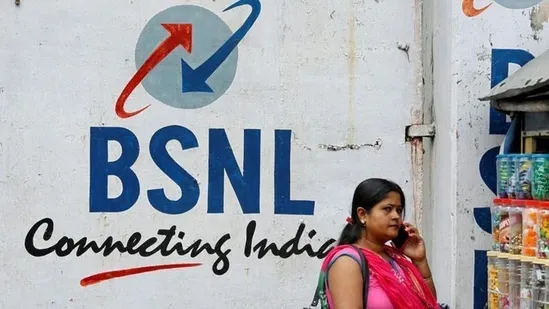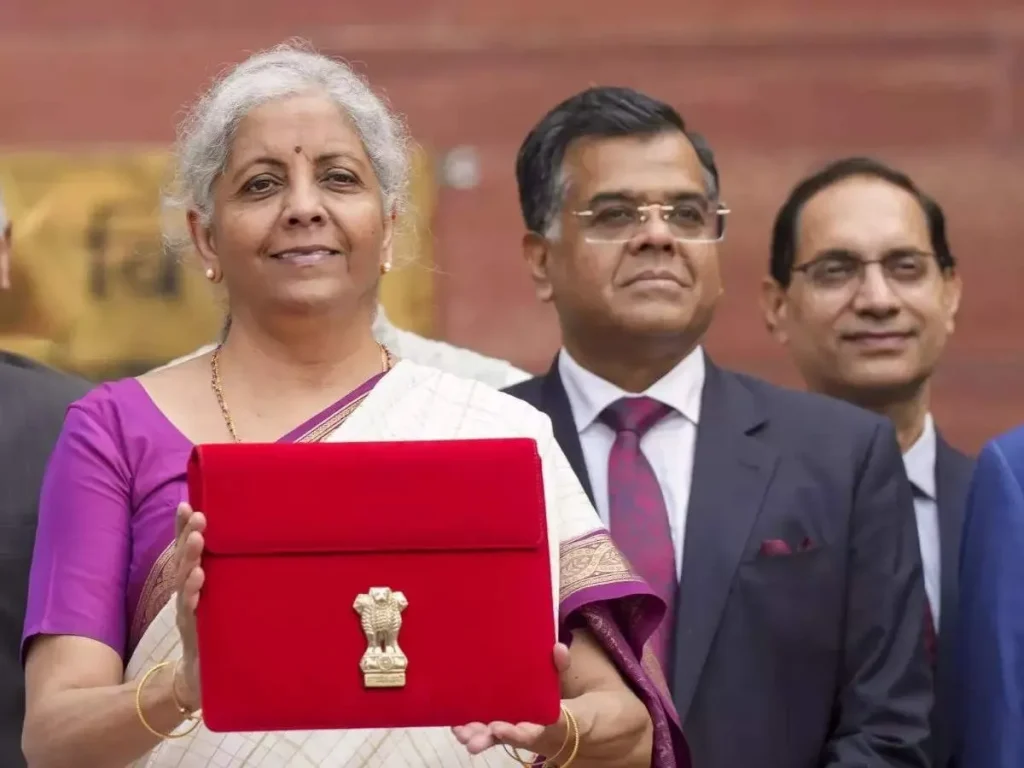A substantial allocation of ₹1.28 lakh crore has been earmarked for telecom projects and public sector firms under the telecom ministry, in the Union Budget for the financial year 2024-25. The majority of these funds are designated for BSNL (Bharat Sanchar Nigam Limited) and MTNL (Mahanagar Telephone Nigam Ltd) for technology upgradation and restructuring, with BSNL set to receive ₹82,916 crore for these purposes.

The budget document specifies that the total net allocation for this demand amounts to ₹1,28,915.43 crore, including an additional provision of ₹17,000 crore sourced from the Universal Service Obligation Fund. This additional funding will be utilized for various schemes such as Compensation to Telecom Service Providers, Bharatnet, and Research and Development initiatives.

Furthermore, the telecom budget includes an allocation of ₹17,510 crore for pensionary benefits of Department of Telecommunications (DoT) employees, including those absorbed in BSNL and MTNL since April 1, 2014. Additionally, an allocation of up to ₹3,668.97 crore has been set aside for the payment of the principal amount of MTNL bonds.

The government has further proposed a 5% increase in import duty on motherboards. Finance Minister Sitharaman, in her Budget speech, highlighted the plan to raise the Basic Customs Duty (BCD) from 10% to 15% on PCBA (printed circuit board assembly) of specified telecom equipment to incentivize domestic manufacturing.

Moreover, the Budget includes provisions such as ₹34.46 crore for technology development and investment promotion, ₹70 crore for the Champion Service Sector Scheme, and ₹1,806.34 crore for the production-linked incentive (PLI) scheme. Sitharaman also announced a full exemption on 25 critical minerals, including lithium, copper, cobalt, and rare earth elements, from customs duties, aiming to boost sectors like nuclear energy, renewable energy, space, defence, telecommunications, and high-tech electronics. Additionally, the basic customs duty on two of these minerals will be reduced to facilitate their processing and refining, ensuring their availability for strategic sectors.
